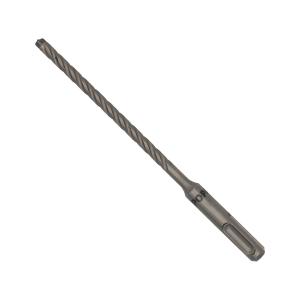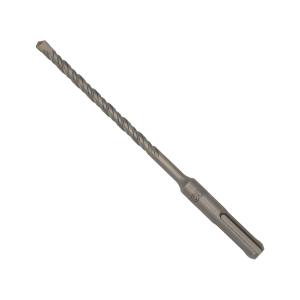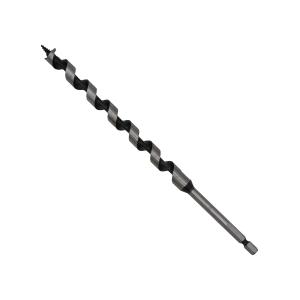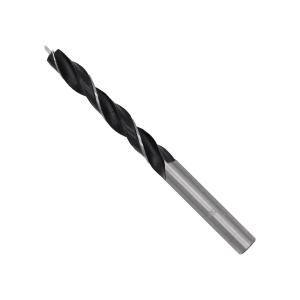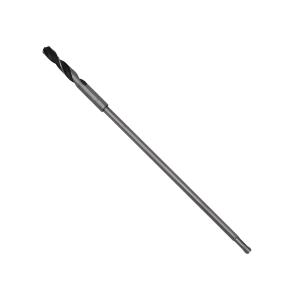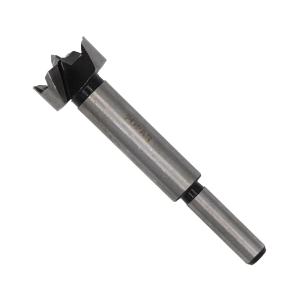Choosing the right drill bit for professionals | POPAR Hand tools
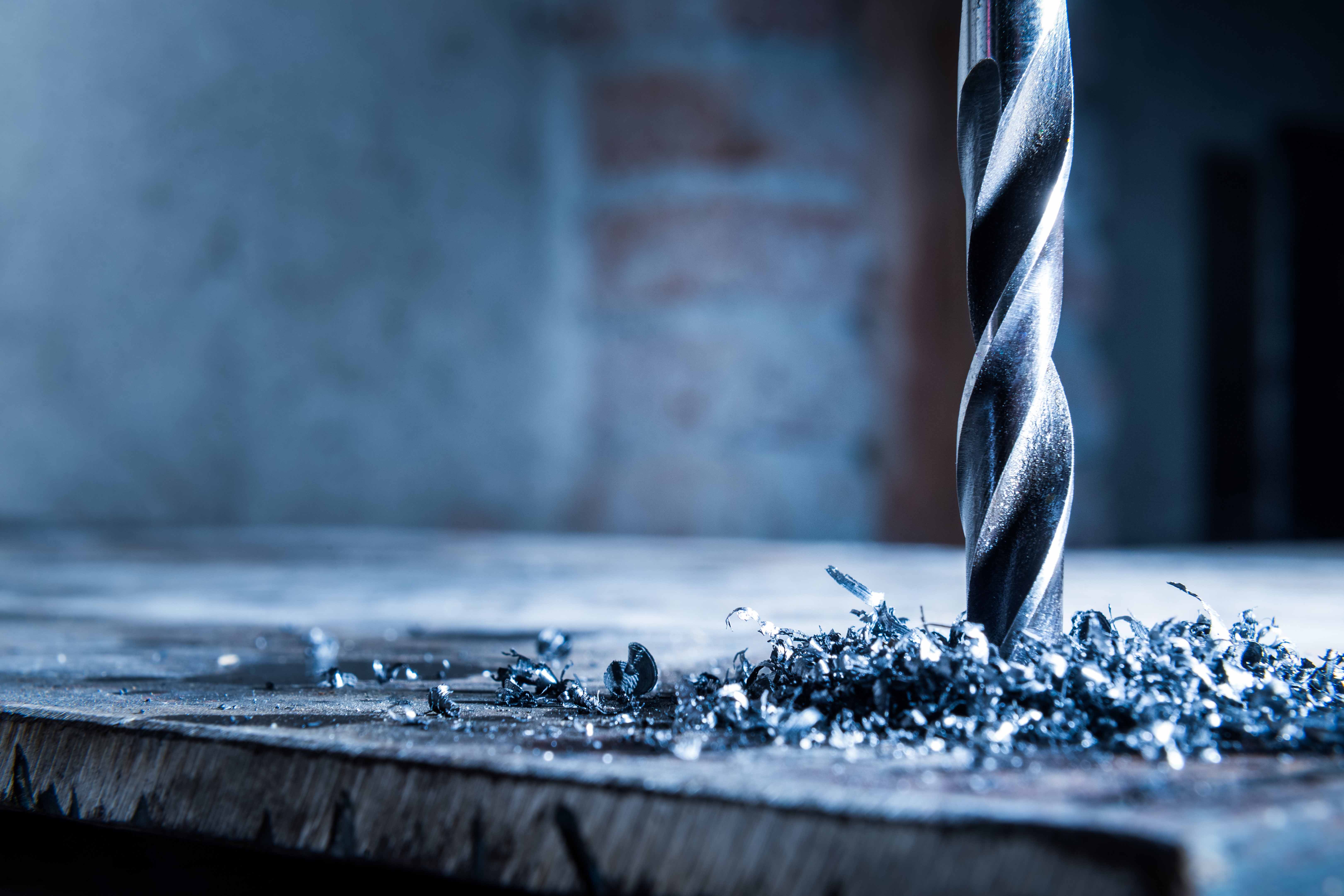
In professional drilling - whether in wood, metal, concrete or other materials - the quality and type of the drill bit decisively affect work efficiency, precision, and safety. The wrong bit can lead to damaged material, increased costs due to tool wear, or even injuries.
Below we reveal which materials and coatings make up modern drill bits, which geometrical shapes are suitable for different tasks, and how to recognize a high-quality drill bit. We will also pay special attention to high-end POPAR drill bits, adapted for demanding professional use.
Materials of drill bits: What determines them & how to choose the right one?
The material of the drill bit determines its hardness, wear resistance, thermal stability, and toughness. Here are the most common materials.
HSS – High-Speed Steel
High-speed steel is an alloyed steel with added elements such as tungsten (W), molybdenum (Mo), chromium (Cr), and vanadium (V). This material is used to make general-use drill bits, offering a good balance between performance and cost.
Properties:
- Good hardness (up to ~65 HRC),
- High toughness and impact resistance,
- Suitable for drilling in wood, plastics, and soft metals (aluminum, copper).
HSS with coatings (e.g. TiN, TiAlN, CrN)
High-speed steel that is alloyed and coated. Coatings improve heat resistance, reduce friction, and prolong the life of the drill bit.
| Coating | Color & properties | Recommended use |
|---|---|---|
TiN (Titanium Nitride) | Gold color, hardness ~3100 HV, reduced friction | General use; plastics; wood; soft metals |
TiAlN (Titanium-Aluminium Nitride) | Violet-gray, hardness ~5000 HV, resistant to high temperatures (up to ~800 °C) | Stainless steel; cast iron; harder materials |
Black Oxide | Anti-corrosive protection; better grip with oil | Wood; carbon steels; general purpose use |
How to recognize a quality drill bit?
When selecting a professional-grade drill bit, it’s essential to understand its mechanical and functional characteristics. One of the most important is hardness, typically measured in HRC (for steel materials) or HRA (for carbide materials). Hardness directly impacts wear resistance – the higher it is, the longer the bit will stay sharp, but often at the cost of toughness. So it’s important to find an optimal balance between hardness and resistance to breakage, especially when drilling into non-homogeneous or harder materials.
Coatings such as TiN, TiAlN or black oxide further enhance wear resistance and reduce friction during drilling. This in turn means less tool heating, longer life, and the possibility of drilling without using coolant. Coatings are especially important when working with metals like stainless steel or various alloys.
Thermal resistance is the next key factor. High drilling speeds generate considerable heat. Bits made from cobalt steel or coated with TiAlN maintain their hardness even at temperatures up to ~600 °C, which is critical in demanding industrial applications.
The geometry of the bit also influences the final result. The tip angle determines how aggressively the drill cuts into material – a 118° angle is suitable for softer materials, while 135° is more appropriate for harder metals, allowing a more stable and controlled entry. The shape of the spiral flutes determines how efficiently chips are removed, which is crucial for preventing overheating and jamming. The fastening system (e.g. cylindrical, SDS, or hex) also affects the stability of the bit and the transmission of force between the drill and the workpiece.
Combinations of different materials, such as a steel shank with a carbide tip, offer optimal fusion of toughness and hardness. Such bits are especially useful in construction, where robustness is needed for impact drilling and high wear resistance.
POPAR drill bits – Professional quality without compromise
POPAR drill bits are specifically designed for demanding professional use and include a wide range of products covering almost every need of craftsmen, installers, industry, and builders.
For drilling into concrete, POPAR offers impact drill bits made of high-quality material with SDS fitting, which provide high impact resistance and long durability even under daily construction use. These bits are specially optimized for use with hammer drills and rotary hammers, efficiently transferring force into the substrate, without breaking or wearing out quickly.
The wood bit line is made from chromium-vanadium steel and includes a sharp centering tip and wide flutes, enabling fast chip removal and clean cuts without splintering. Wood bits are especially suitable for carpentry and assembly work, where precision and repeatability are required
For formwork installation and hardware, there are special bits made from chromium-vanadium steel. These formwork and hardware bits are robust, resistant to abrasive materials, and designed for heavy operating conditions, such as drilling in multilayer structures, wooden beams with inserts, or plywood or laminated panels.
With the POPAR line of drill bits, users need not make compromises between quality, performance, and durability. Each bit is precisely designed for its intended purpose and offers a reliable solution for professional tools and machines.
By clicking on drill bit images below you can search between different types, dimensions and check technical data regarding POPAR drill bits.
